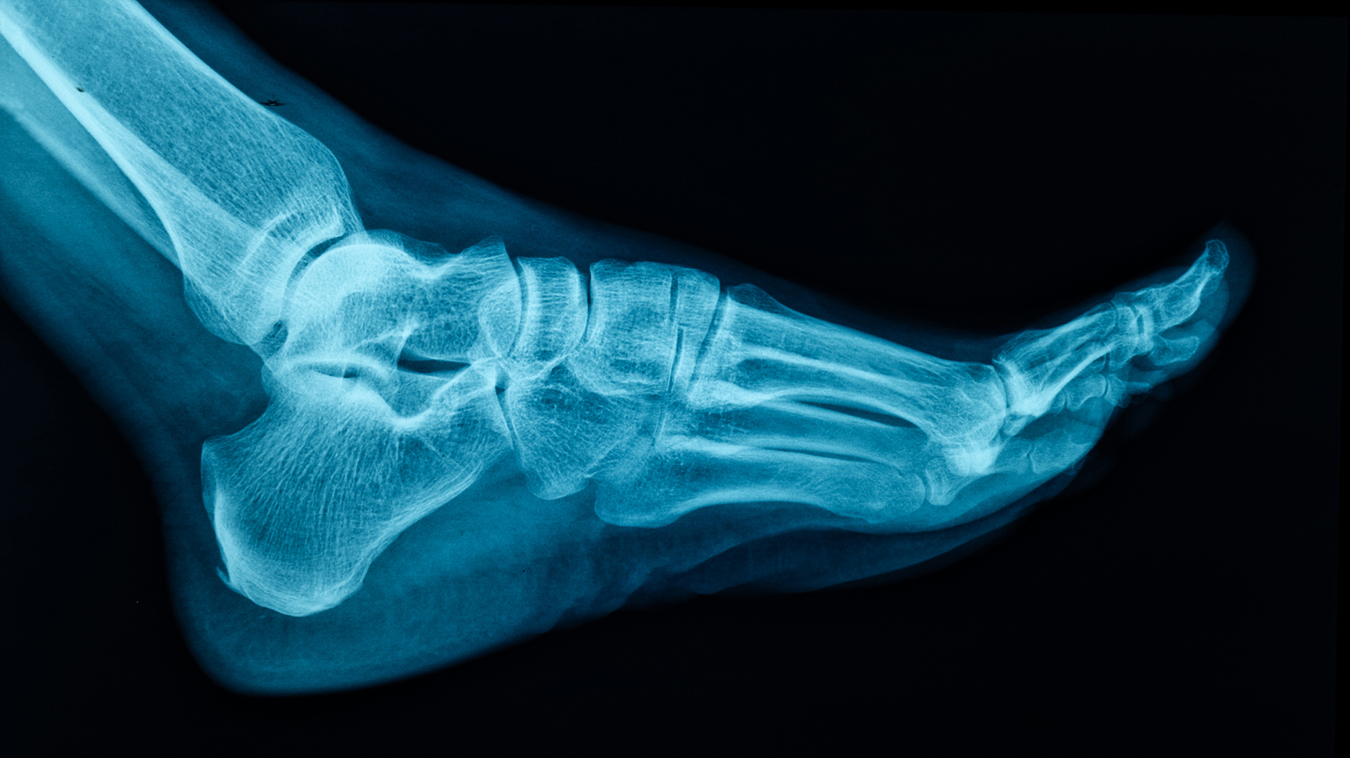Google has taken an unprecedented step by releasing its advanced MedGemma AI models as open-source tools, abandoning the traditional approach of charging hefty fees for API access. This bold move puts cutting-edge artificial intelligence directly in the hands of healthcare innovators worldwide.
The newly released models—MedGemma 27B Multimodal and MedSigLIP—join Google’s expanding arsenal of freely available medical AI technologies. Their significance lies not merely in their technical sophistication, but in their accessibility: medical institutions, research teams, and software developers can freely access, adapt, and implement these tools without financial barriers.
Where artificial intelligence meets medical practice
The MedGemma 27B flagship model represents a quantum leap beyond text-only AI systems by integrating visual comprehension capabilities. This advanced system can simultaneously analyze medical imagery and interpret clinical context with remarkable precision. From chest radiographs and histological specimens to complex patient histories stretching across extensive timeframes, the model processes varied medical data with the integrated approach characteristic of experienced clinicians.
Performance benchmarks reveal exceptional capabilities. Testing on MedQA, the industry-standard medical knowledge evaluation, yielded an outstanding 87.7% accuracy rate for the 27B text model. This achievement places it in direct competition with far more resource-intensive and costly alternatives while requiring merely a fraction of the computational expense. For healthcare organizations operating under tight financial constraints, this cost-effectiveness could prove transformational.
The compact MedGemma 4B variant, though smaller in scope, demonstrates impressive competency. Achieving 64.4% accuracy on identical evaluations despite its streamlined architecture, it ranks among the top performers in its category. Most critically, when certified radiologists in the United States assessed chest X-ray reports produced by this model, they determined that 81% met the standards necessary for clinical application.
MedSigLIP: Compact yet powerful medical vision
Google has simultaneously unveiled MedSigLIP, a specialized imaging model containing just 400 million parameters. While this makes it compact compared to current AI giants, it possesses focused training in medical image interpretation that surpasses general-purpose alternatives.
This targeted system has been trained on comprehensive medical imaging datasets including chest radiographs, tissue specimens, dermatological imagery, and retinal scans. The result is an AI capable of detecting medically significant patterns and abnormalities while maintaining excellent performance on standard photographic content.
MedSigLIP creates an intelligent link between visual and textual medical information. Present it with a diagnostic image and request similar cases from a medical database, and it will identify matches based not only on visual appearance but on clinical relevance and diagnostic significance.
Real-world adoption by medical professionals
The true measure of any medical AI system lies in its acceptance by practicing healthcare professionals. Early implementation reports indicate strong enthusiasm from physicians and healthcare organizations regarding these models’ practical applications.
Massachusetts-based DeepHealth has been evaluating MedSigLIP for radiological analysis, finding that it successfully identifies potential abnormalities that might otherwise go unnoticed, serving as a valuable safeguard for busy radiologists. Similarly, research teams at Taiwan’s Chang Gung Memorial Hospital have confirmed that MedGemma effectively processes traditional Chinese medical documentation and provides accurate responses to clinical questions.
India’s Tap Health has highlighted a crucial advantage of MedGemma’s design. Unlike general AI systems prone to generating medical inaccuracies, MedGemma demonstrates nuanced understanding of clinical situations. This distinction separates superficial medical chatbots from systems that genuinely comprehend medical reasoning.
The strategic importance of open-source medical AI
Google’s open-source approach serves purposes beyond corporate goodwill—it addresses fundamental healthcare technology needs. Medical environments demand unique safeguards that standard commercial AI services cannot always provide. Healthcare facilities require guarantee that sensitive patient information never leaves their secure systems. Research organizations need AI models that maintain consistent behavior without unexpected algorithmic changes. Software developers require freedom to customize systems for highly specialized medical tasks.
By making these AI models freely available, Google has directly addressed these critical healthcare concerns. Medical centers can operate MedGemma on their private infrastructure, modify it for specific institutional needs, and rely on predictable long-term performance. For medical applications where consistent results are essential, this reliability becomes indispensable.
However, Google has clearly stated that these models supplement rather than substitute for medical professionals. They function as sophisticated instruments requiring expert oversight, clinical validation, and thorough testing before practical deployment. All outputs require professional review, recommendations need expert confirmation, and final medical decisions must remain with licensed practitioners.
This cautious stance reflects practical wisdom. Despite impressive testing results, medical AI systems can still produce errors, especially when encountering rare conditions or unusual presentations. These models excel at data analysis and pattern detection but cannot replicate the clinical reasoning, professional judgment, and ethical accountability that define medical practice.
The excitement surrounding this release stems not just from current capabilities but from future potential. Smaller medical facilities that previously couldn’t afford premium AI services now have access to advanced technology. Researchers in resource-limited settings can develop specialized solutions for regional health challenges. Medical education programs can train students using AI that truly understands clinical medicine.
These models are designed for operation on standard graphics hardware, with smaller versions adaptable for mobile platforms. This accessibility opens possibilities for bedside AI applications in locations where sophisticated computing infrastructure doesn’t exist.
As healthcare systems worldwide struggle with workforce shortages, increasing patient demands, and pressure for improved efficiency, AI tools like Google’s MedGemma offer potential solutions. Rather than replacing medical expertise, they amplify human capabilities and extend quality care to underserved areas where it’s desperately needed.
Author: AI
Published: 10 July 2025
